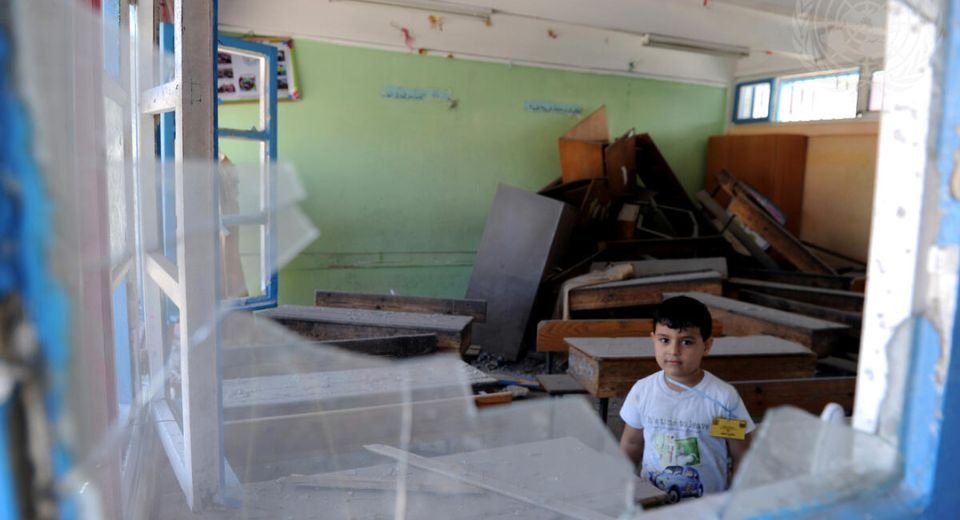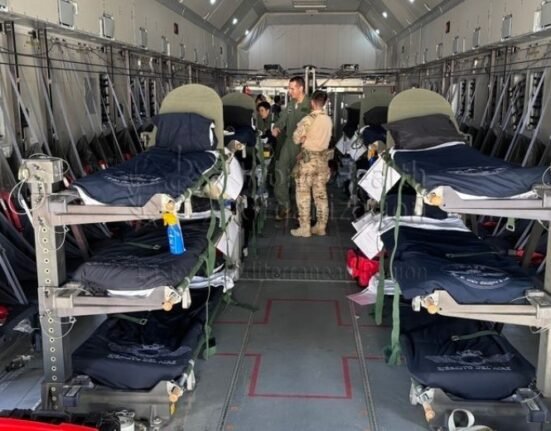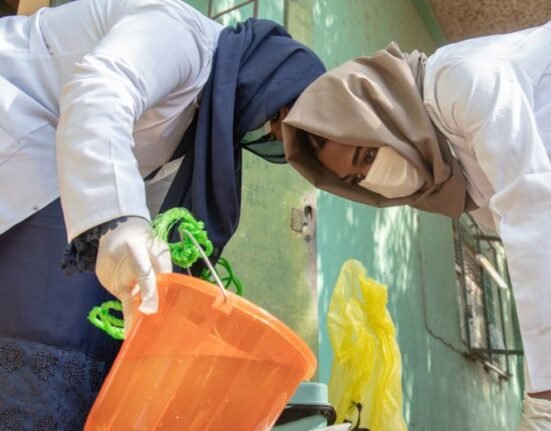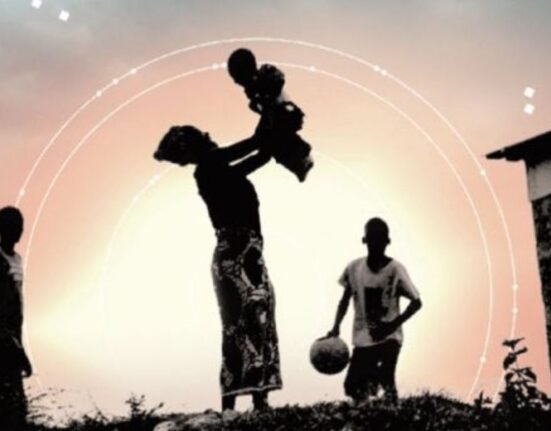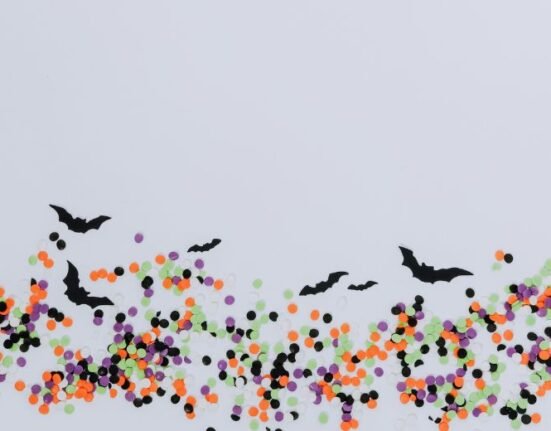HQ Team
November 14, 2023: At least 101 health workers, have died in Gaza, in attacks on hospitals and healthcare facilities since the conflict with Israel began — the largest such loss in the UN’s 78-year history, according to a statement.
They worked for the UN agency that assists Palestine refugees, UNRWA, providing aid to Gaza’s 2.2 million people, amid a constant bombardment over the past month and a complete siege of the enclave, according to a UN statement. The health workers were school principals, teachers, and health workers, including gynaecologists, engineers, support staff and a psychologist.
“We are horrified at the latest reports of attacks on and in the vicinity of Al-Shifa Hospital, Al-Rantissi Naser Paediatric Hospital, Al-Quds Hospital, and others in Gaza City and northern Gaza, killing many, including children,” according to a UN statement.
In a November 12 statement, the WHO reported it had lost communication with its contacts in Al-Shifa Hospital — the largest medical complex in Gaza.
WHO workers might have joined tens of thousands of displaced people who had sought shelter on the hospital grounds and were fleeing the area, it stated.
Secretary-General António Guterres led the minute of silence at UN Headquarters in New York, and the UN flag was lowered on Novmber 13 as a mark of respect to those health workers who died.
Repeated attacks
The global health agency stated that horrifying reports “of the hospital facing repeated attacks continue to emerge. There are reports that some people who fled the hospital have been shot at, wounded and even killed.”
“The intensive care unit suffered damage from bombardment, while areas of the hospital where displaced people were sheltering have also been damaged…the last reports said that the hospital was surrounded by tanks.”
Premature and newborn babies on life support were reportedly dying due to power, oxygen, and water cuts at Al-Shifa Hospital.
Shortages of water, food, and fuel were also threatening the well-being of thousands of displaced people, including women and children, who are sheltering in hospitals and their surroundings.
International action
The joint statement from UNFPA, UNICEF and WHO stated that others were at risk and the attacks on hospitals in northern Gaza were preventing safe access for hospital staff, the injured and other patients.
The UN agencies called for urgent international action to end the ongoing attacks on hospitals.
“Staff across several hospitals are reporting a lack of fuel, water and basic medical supplies, putting the lives of all patients at immediate risk.”
The 137 attacks have resulted in 686 injuries to Gaza residents and 38 health workers on duty were also wounded.
The UNRWA staff members “embodied the spirit of the United Nations, standing on the frontlines of conflict zones to provide much-needed humanitarian assistance and support,” said the head of the World Health Organization Director-General Tedros Adhanom Ghebreysus.
“Attacks on medical facilities and civilians are unacceptable and are a violation of International Humanitarian and Human Rights Law and Conventions. They cannot be condoned. The right to seek medical assistance, especially in times of crisis, should never be denied.”
‘Can’t stand silent’
“More than half of the hospitals in the Gaza Strip are closed,” according to the statement.
Those still functioning were under massive strain and could only provide minimal emergency services, lifesaving surgery and intensive care services.
“The world cannot stand silent while hospitals, which should be safe havens, are transformed into scenes of death, devastation, and despair,” according to the statement.
The UN agencies stated that decisive international action was needed now to secure an immediate humanitarian ceasefire, prevent further loss of life, and “preserve what’s left of the health care system in Gaza.”
The “WHO also calls for the sustained, orderly, unimpeded and safe medical evacuations of critically injured and sick patients into Egypt through the Rafah Border Crossing.”
Unimpeded, safe and sustained access is needed now to provide fuel, medical supplies and water for these lifesaving services. “The violence must end now.”


